
Strengthening the treatment of critically ill patients is the key to reducing the fatality rate of novel coronavirus pneumonia patients. At present, more than 11,000 critical care professionals from around the country are making joint efforts in Wuhan to rescue as many patients as possible. Professor Qiu Haibo, member of the expert team sent to Hubei by the central government and critical care specialist with Zhongda Hospital Affiliated to Southeast University, spoke on Monday with Hello Jiangsu.
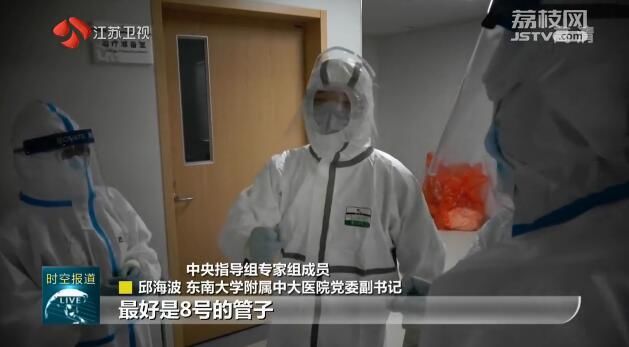
Qiu Haibo would visit three or four hospitals in one day to inspect the treatment of the critically ill patients and give targeted diagnosis and treatment recommendations.
When arriving in Wuhan more than 40 days ago, Qiu Haibo found that the number of severe cases increased rapidly every day, but the doctors had met with the severe shortage of beds in the critically care wards.
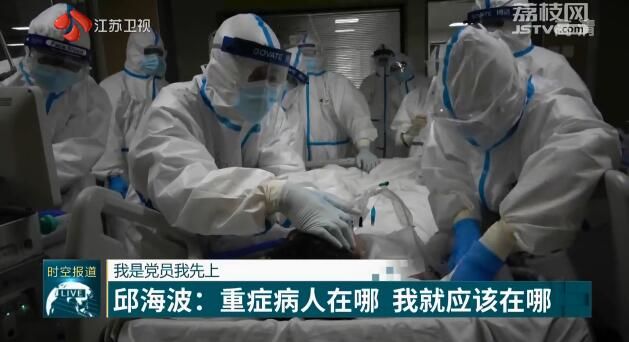
Qiu Haibo suggested that there should be an increase in the number of designated hospitals for the centralized treatment of critically ill patients and hospital beds for critically ill patients. His suggestion was soon adopted by the special work group sent to Hubei by the central government.
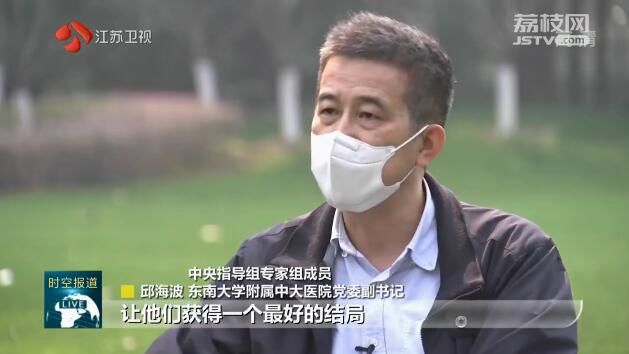
Qiu Haibo, critical care specialist with Southeast University Zhongda Hospital,"We have been trying our best to be responsible for the patients by converting conventi:nal hospitals into critical care hospitals and asking the central government to dispatch 10% of the country’s critical care experts to Wuhan and HubeiBy doing sowe have been able to admit all the critically ill patients for acute treatment."
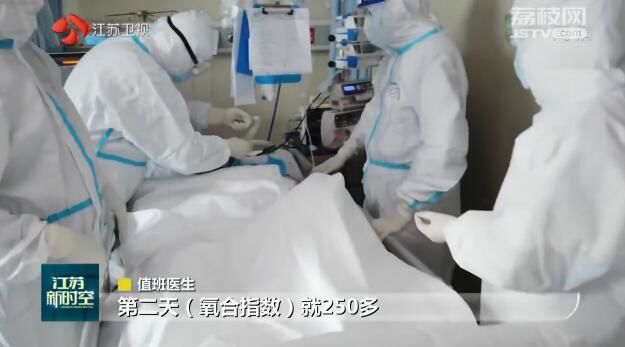
In the intensive care unit, Qiu Haibo is not only an expert with the expert team but also a clinical doctor. He and his colleagues have tried their best to look for breakthroughs in treatment and diagnosis of the critically ill patients.
a doctor on duty On the evening of the 15th,"we started to give him prone position ventilation Previously his oxygenation index was between 55 and 70.The oxygenation index was more than 250 the next day after prone position ventilation.”
Qiu Haibo, critical care specialist with Southeast University Zhongda Hospital,"His prone position ventilation effect is quite obvious.Prone ventilation is a respiratory therapy that is summarized by Qiu Haibo and his colleagues and has obvious effect for patients in severe conditions. It has been incorporated into the program for the treatment of novel coronavirus pneumonia patients."
To turn over the intubated patient, it is necessary to avoid the loss and damage of various incubation, which needs both skills and strength.
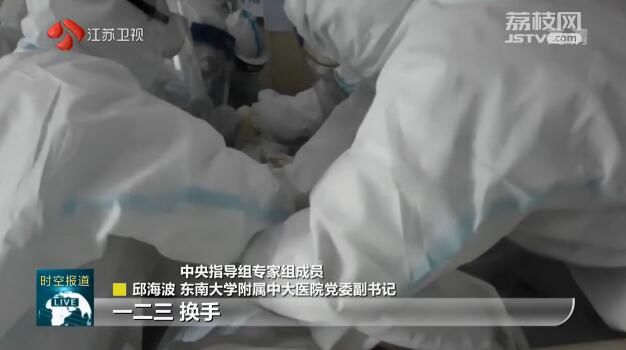
Qiu Haibo, critical care specialist with Southeast University Zhongda Hospital,"You guys follow my instruction and when I say one two three,you move the bed over to this side for 20 centimeters.Now let’s beginChange your hands Are you ready? Ok."
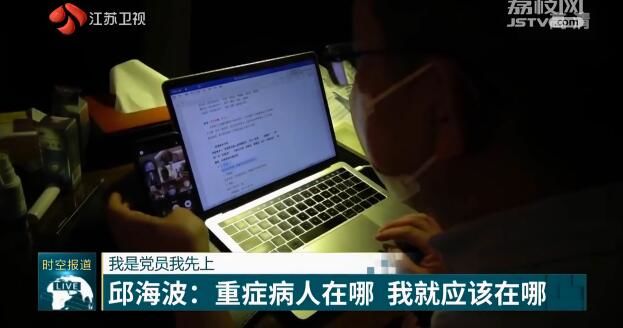
In the past month, Qiu Haibin had clinical treatment during the day and discussed the treatment plan in the evening.
Qiu Haibo, critical care specialist with Southeast University Zhongda Hospital,"When the disease is rapidly spreading and outbreaking as long as we had accumulated some experiences we would immediately add it to the diagnosis and treatment guide which may be unprecedented in history."
Every day, Qiu Haibo would run around among the intensive care hospitals. In the extreme case, he stayed in the "red zone" of the intensive care hospital for five hours without eating or drinking.
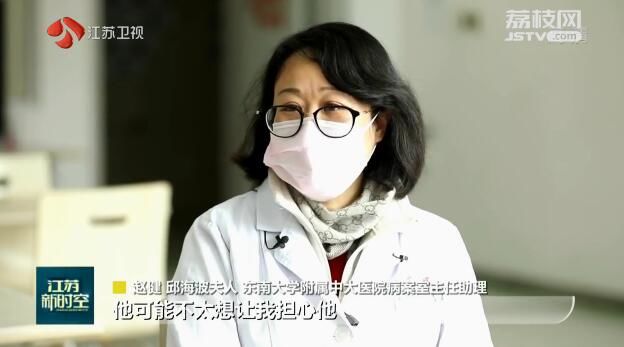
Zhao Jian, Qiu’s wife,"I once said to him that I saw you on TV two days ago and felt you were very tired,He said no I'm fine.That's because of the poor effect of the TV shooting.So usuallyhe doesn’t want me to worry about him.He has a personality of seeking perfection.He has to do one thing in a perfect way."
Qiu Haibo, critical care specialist with Southeast University Zhongda Hospital,"ICU doctors are born for critically ill patients I have so many patients here in Wuhan and this is where I should be staying."
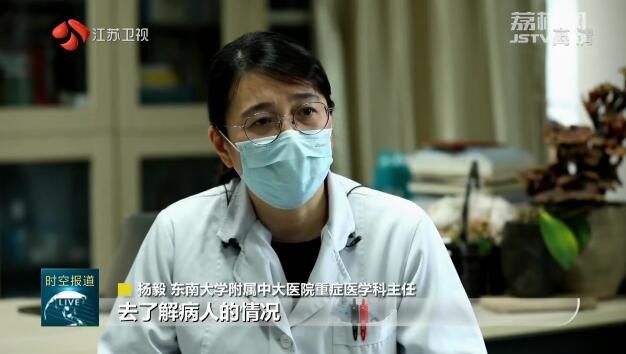
Yang Yi, Director of Critical Care Medicine, Southeast University Zhongda Hospital,"He would actually say that only if he is on the front line and understands the condition of the patient,is it possible for him to do these things to guide the team to improve the overall level of treatment."
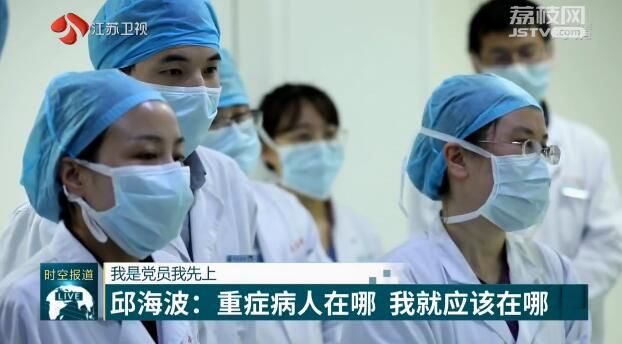
As China’s first doctor of critical care medicine, Qiu Haibo took the lead in creating and developing the discipline of "critical care medicine". He has trained a 100-member national elite medical staff of critical care medicine for Zhongda Hospital affiliated to Southeast University. Today, Qiu Haibo's team has sent six batches of doctors and nurses to Hubei to fight against the epidemic.
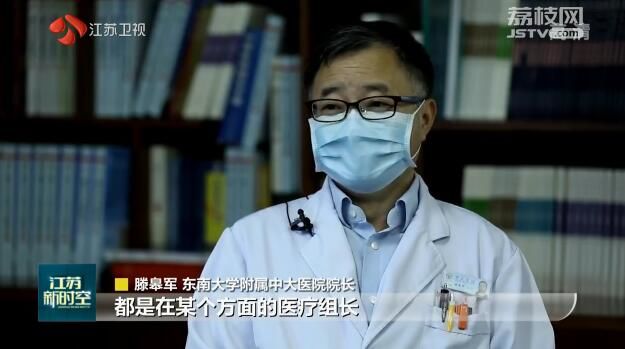
Teng Gaojun, President of Southeast University Zhongda Hospital,"Almost all the doctors we have sent to Hubei are team leaders or section chiefs.They have been taken care of one field of treatment in the epidemic control in Hubei."
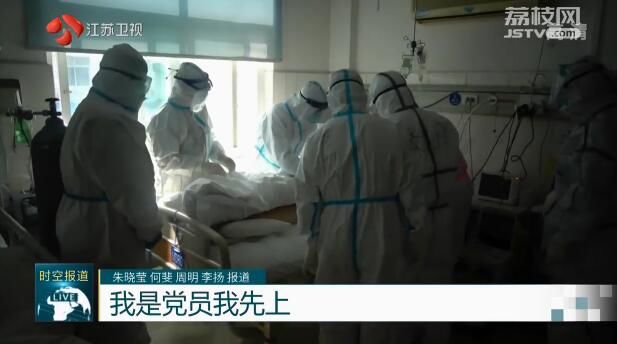
Qiu Haibo said he is pleased to see that many critically ill patients have taken a turn for the better with their symptoms mitigated and more ICU beds are vacant.





